opening hours
Monday closed
Tuesday to Sunday 11 am – 7 pm
Tuesday, 1 July 7 pm > 9 pm
Wednesday, 9 July 7 pm > 9 pm
Wednesday, 16 July 7 pm > 9 pm
book online
last entrance 8 pm
- full price € 15 at the box office - € 14 online
- reduced price € 12 at the box office - € 11 online
– for young people aged between 18 and 25 (not yet turned 25);
– for groups of 15 people or more;
– La Galleria Nazionale, Museo Ebraico di Roma ticket holders;
– upon presentation of ID card or badge: Accademia Costume & Moda, Accademia Fotografica, Biblioteche di Roma, Centro Sperimentale di Cinematografia, Enel (for badge holder and accompanying person), FAI Fondo Ambiente Italiano, Feltrinelli, Gruppo FS, IN/ARCH Istituto Nazionale di Architettura, Sapienza Università di Roma, LAZIOcrea, Palazzo delle Esposizioni, Amici di Palazzo Strozzi, Accademia Nazionale di Santa Cecilia, Scuola Internazionale di Comics, Teatro Olimpico, Teatro dell’Opera di Roma, Teatro di Roma, Università degli Studi di Roma Tor Vergata, Youthcard; - open € 18
valid for one year from the date of purchase
- free
– minors under 18 years of age;
– myMAXXI cardholders;
– on your birthday presenting an identity document;
– upon presentation of EU Disability Card holders and or accompanying letter from hosting association/institution for: people with disabilities and accompanying person, people on the autistic spectrum and accompanying person, deaf people, people with cognitive disabilities and complex communication needs and their caregivers, people with serious illnesses and their caregivers, guests of first aid and anti-violence centres and accompanying operators, residents of therapeutic communities and accompanying operators;
– MiC employees;
– journalists who can prove their business activity;
– European Union tour guides and tour guides, licensed (ref. Circular n.20/2016 DG-Museums);
– 1 teacher for every 10 students;
– AMACI members;
– CIMAM International Committee for Museums and Collections of Modern Art members;
– ICOM members;
– from Tuesday to Friday (excluding holidays) European Union students and university researchers in art history and architecture, public fine arts academies (AFAM registered) students and Temple University Rome Campus students;
– IED Istituto Europeo di Design professors, NABA Nuova Accademia di Belle Arti professors, RUFA Rome University of Fine Arts professors;
– upon presentation of ID card or badge: Collezione Peggy Guggenheim a Venezia, Castello di Rivoli Museo d’Arte Contemporanea, Sotheby’s Preferred, MEP – Maison Européenne de la Photographie;
Collection
MAXXI’s Collection of Art and Architecture represents the founding element of the museum and defines its identity. Since October 2015, it has been on display with different arrangements of works.
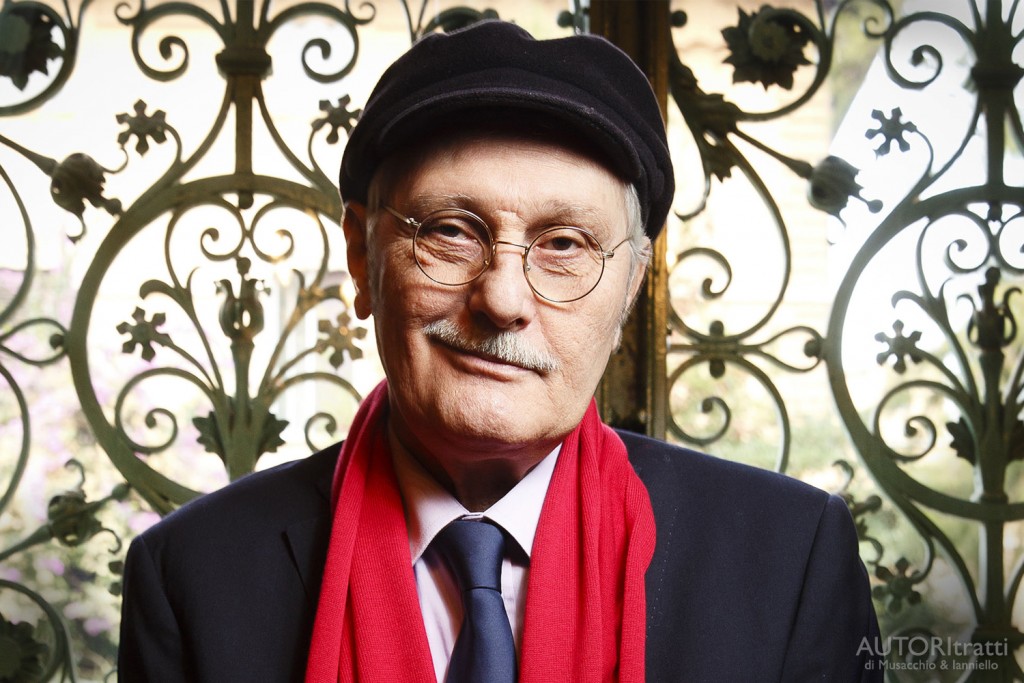
other upcoming events
9 Jul 2025 05.00 pm
MAXXIperTUTTIIl Museo si raccontaguided tours in LIS
9 Jul 2025 09.00 pm
summer at MAXXI • musicPetra MagoniEn-chanter
10 Jul 2025 09.00 pm
summer at MAXXI • cinemaCrazy for Footballby Volfango De Biasi
15 Jul 2025 > 14 Sep 2025
videogalleryFUORI GIOCOSguardi d'artista sul mondo del calcio
15 Jul 2025 09.00 pm
summer at MAXXI • talkIl cono d’ombra. La storia di Denis Bergaminiby Pablo Trincia
16 Jul 2025 09.00 pm
summer at MAXXI • musicKarimaCanta Autori





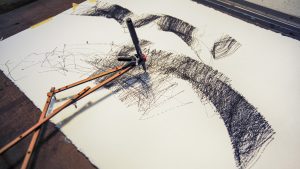


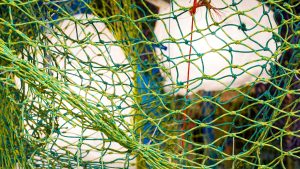


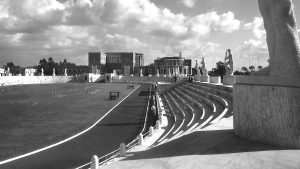





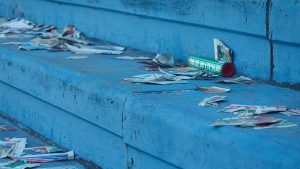







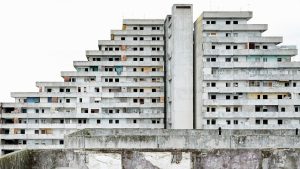







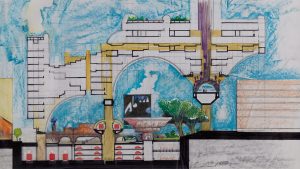
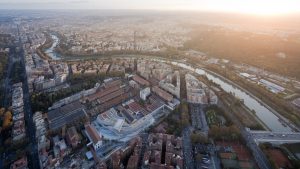


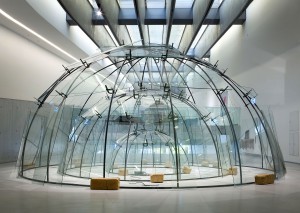
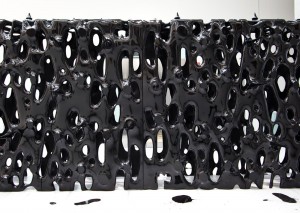
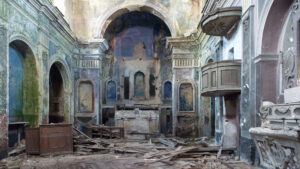

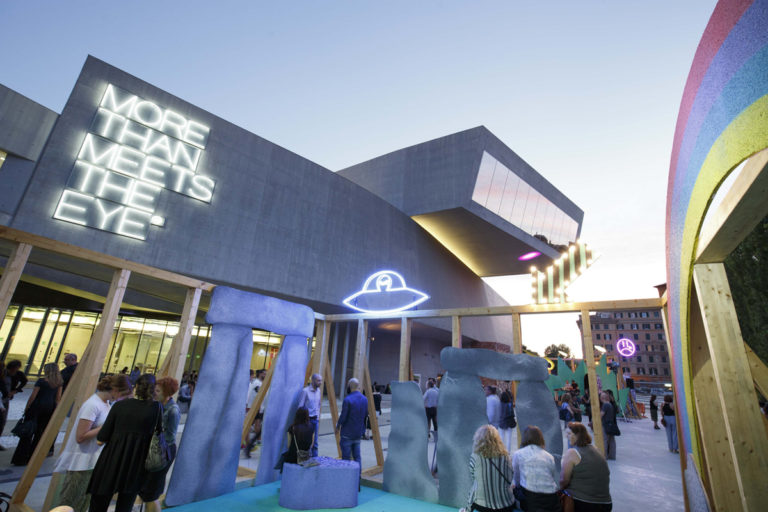
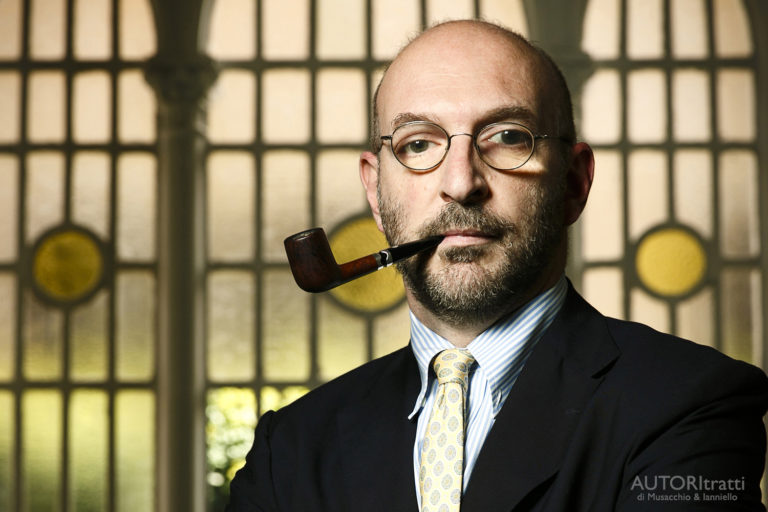
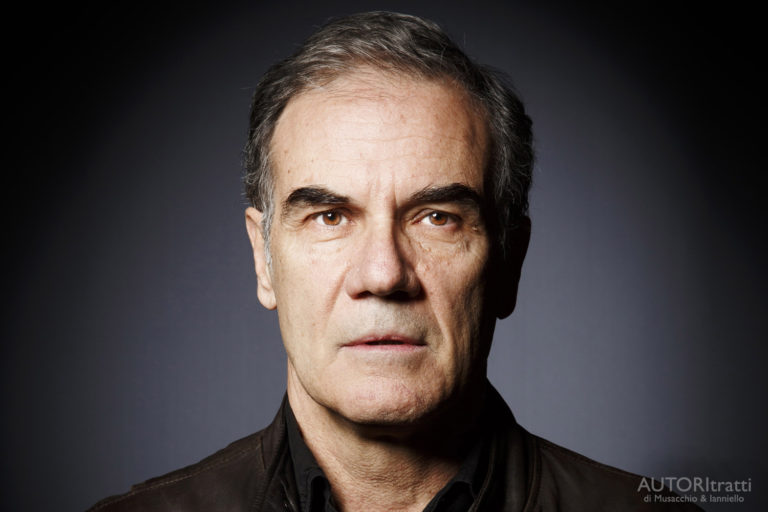



This event is part of YAP FEST 2016
MAXXI Piazza, Spazio YAP – admittance free
In collaboration with the Fondazione Maria e Goffredo Bellonci
Three seminars with readings and reflections of the craft of writing.
One of the most prestigious and sought-after Italian literary prizes that for almost 70 years has inflamed cultural passions and debates, for some writers the Premio Strega has represented the consecration of a long career while for others it has acted as a powerful launching pad. Three prize-winning authors – Edoardo Albinati, Antonio Pennachi and Alessandro Piperno – talk about themselves through readings and reflections on the craft of writing, in the light of that formidable watershed that winning the prize has represented for them.
The guest of honour in this second seminar in the series Stregati al MAXXI is Antonio Pennacchi. The winner of the Premio Strega in 2010 with the novel Canale Mussolini, in 2015 he published Canale Mussolini. Parte seconda (both with Mondadori). The author will be talking to Stefano Petrocchi about his approach to writing, about the relationship between literature and history and about the difficulty of narrating a great family saga.
Antonio Pennacchi, a manual worker until he was 50 years old, was born in 1950 in Latina, where he still lives. He won the Premio Strega in 2010 with Canale Mussolinipublished by Mondadori. His novels Il fasciocomunista (2003), the basis for the film Mio fratello è figlio unico, and Mammut (2011) and the short stories Shaw 150. Storie di fabbrica e dintorni (2006) are also published by Mondadori. He is also the author of Fascio e martello – Viaggio per le città del Duce (Laterza 2008), Palude (Dalai 2011), Camerata Neandertal (Baldini & Castoldi 2014), Storia di Karel (Bompiani 2013). He contributes to «Limes».